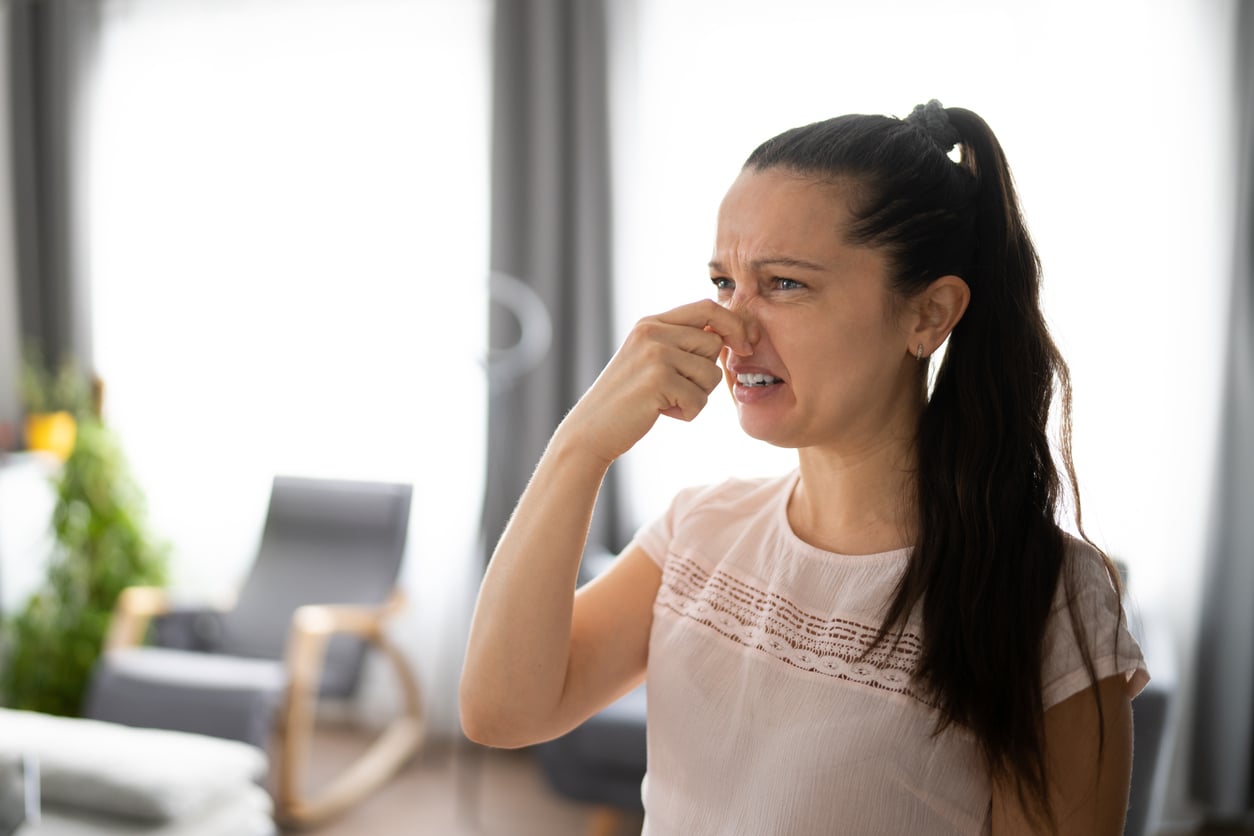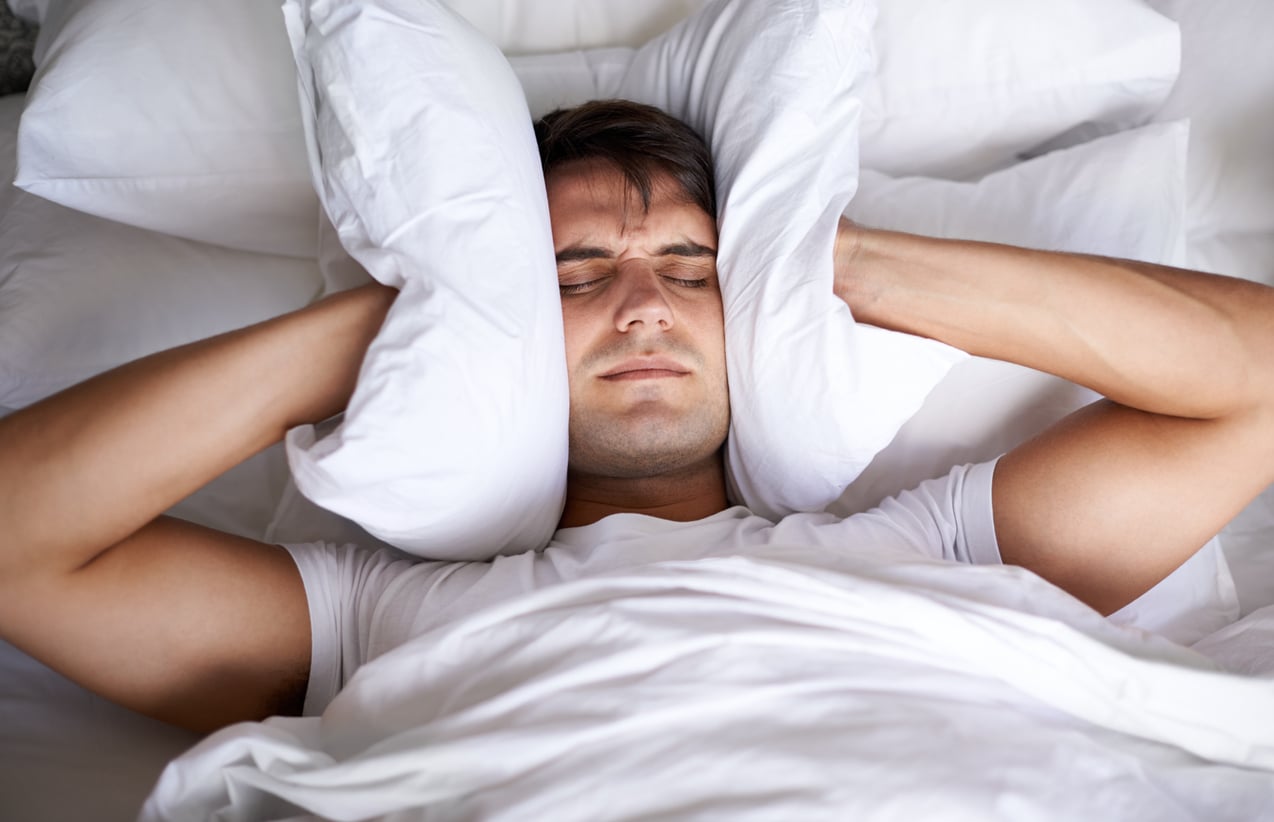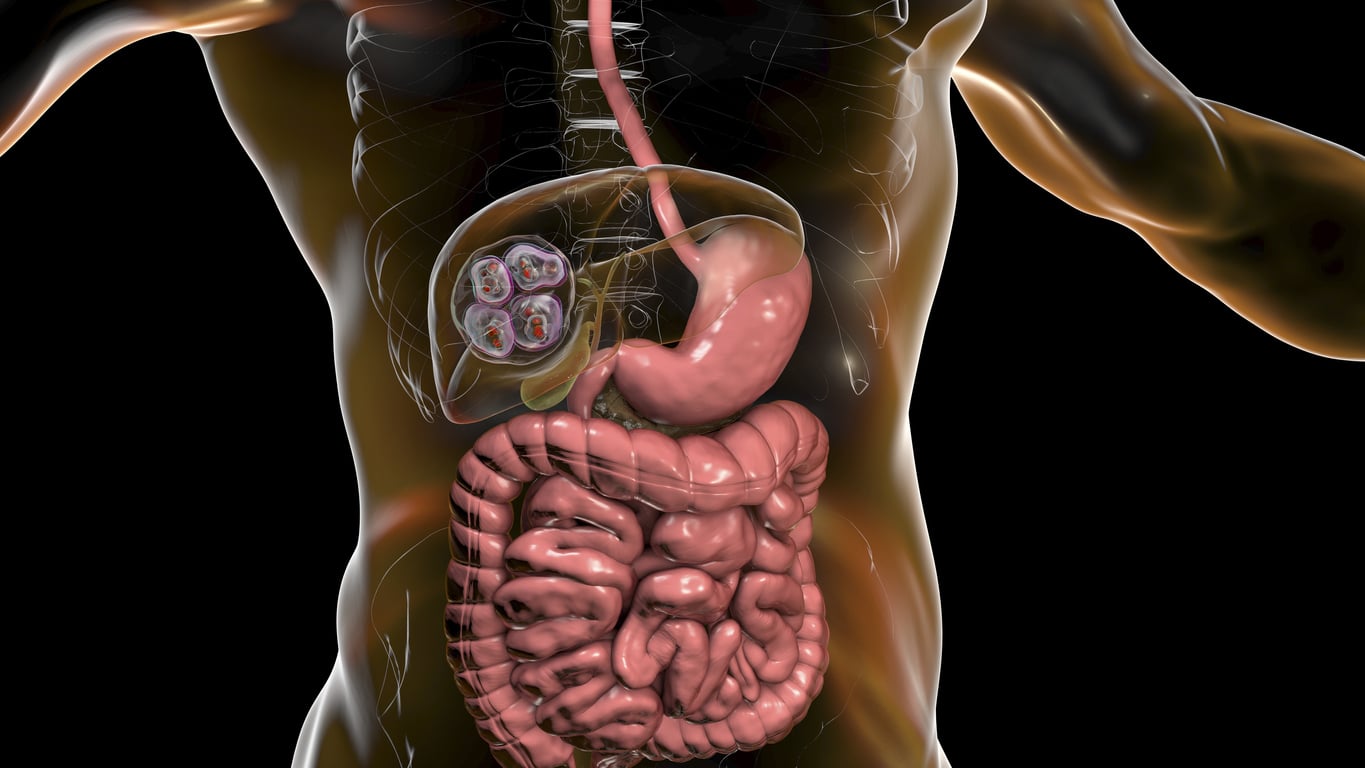10 Causes of Migraines and How to Deal With Them
Migraines are a common problem for many people. In fact, they are the third most common type of illness in the world. Migraines can be quite debilitating, preventing people from going about their day-to-day lives. In this blog post, we will discuss 10 causes of migraines and how to deal with them!
Emotional Stress Levels
Emotional stress levels are thought to be one of the most common triggers for migraines, and the link between the two has been well-documented. In one study, nearly 80% of participants reported that stress was a trigger for their migraines. Other research has shown that people who experience chronic stress are more likely to suffer from migraines than those who do not. While the exact mechanism is not known, it is thought that emotional stress affects the body's nervous system, which can lead to changes in brain activity that trigger migraines. There are many ways to manage stress, and finding an effective method can help to reduce the frequency and severity of migraines.

Dieting
Numerous studies have shown that certain foods can increase the likelihood of a migraine attack. For example, aged cheeses, cured meats, and chocolate are all known to be potential triggers. So too are alcohol, caffeine, and artificial sweeteners. In addition, many people with migraines find that they are sensitive to gluten or other food additives. The best way to determine which foods trigger migraine attacks is to keep a food diary. By recording what you eat and drink, as well as when your migraines occur, you may be able to identify patterns and make changes to your diet accordingly.

Alcohol
Alcohol is a common trigger for migraines, and it can cause some people to experience more pain and discomfort than others. For some, even just a small amount of alcohol can trigger an onslaught of symptoms, while others may be able to drink moderately without any issues. There are a few different ways that alcohol can contribute to migraines. First, it can cause dehydration, which can lead to headaches and migraines. Additionally, alcohol can also affect the way your body metabolizes certain nutrients, leading to deficiencies that can trigger migraines. Finally, drinking alcohol can also disrupt your sleep patterns, leaving you feeling exhausted and prone to headaches the next day. If you find that alcohol is triggering your migraines, it's best to avoid it altogether or at least drink in moderation.

Eye Strain
When your eyes are strained, they are not able to focus properly, which can cause a headache. There are many things that can contribute to eye strain, such as working on a computer all day, reading in low light, or even wearing glasses that are not the right prescription. If you suffer from migraines, it is important to pay attention to when they occur and what might have caused them. If you find that eye strain is a trigger for your headaches, there are steps you can take to help prevent them. For example, take breaks often when working on a computer or reading, and make sure that your glasses or contact lenses are the correct prescription.

Smells
Smells can cause migraines for some people. Strong odors cantrigger headaches by irritating the trigeminal nerve, which is responsible for sensation in the face and head. Migraine sufferers are particularly sensitive to smell, and certain smells can trigger headaches even when they are not particularly strong. There are a variety of treatment options available for people who suffer from migraines triggered by smells. Some people find that wearing a mask or using a nasal spray can help to reduce the impact of smells on their headaches. Others find that avoidance is the best strategy, and they avoid places or situations where they know they will be exposed to strong odors.

Food Allergies
For some people, certain foods can also be a trigger. Common food allergens that have been linked to migraines include milk, eggs, peanuts, Wheat, soy, fish, and shellfish. In some cases, the body’s reaction to the allergen is what leads to the headache. In other cases, the allergen may trigger the release of chemicals that constrict blood vessels in the brain, leading to pain. Whatever the mechanism, it is important for people with migraines to identify their triggers and take steps to avoid them.

Menstruation
For many women, migraines are a monthly occurrence that typically coincide with their menstrual cycle. The exact cause of this phenomenon is unclear, but it is thought to be related to changes in hormone levels. Estrogen, for example, has been shown to play a role in regulating neurotransmitters in the brain. Therefore, it is possible that fluctuations in estrogen levels could trigger migraines in susceptible individuals. Additionally, some women report that their migraine symptoms are worse during menstruation due to the increased stress and tension that often accompanies this time of the month. While there is no cure for migraines, identifying and avoiding triggers can help to reduce the frequency and severity of attacks. For women who experience menstrual-related migraines, keeping track of their cycle and monitoring their symptoms can help to identify patterns and seek appropriate treatment.

Weather Changes
Changes in barometric pressure, humidity, and temperature can all lead to headaches. In addition, bright sunlight or fluorescent light can also cause migraines. For many people, the most effective way to deal with weather-related migraines is to avoid triggers. This means staying indoors on days when the weather is particularly bad. However, it is also important to be prepared for unexpected changes in the weather. Keeping a supply of migraine medication on hand can help to ensure that you are always able to get relief when you need it. In addition, wearing sunglasses and staying hydrated can also help to ward off migraines. By taking these precautions, you can minimize the impact that the weather has on your migraines.

Sugar And Sugar Alternatives
Sugar causes a spike in blood sugar levels, which can lead to inflammation and headaches. Unfortunately, many people turn to sugar as a way to self-medicate when they’re feeling pain. However, this only makes the problem worse in the long run. There are a few reasons why sugar is so detrimental to migraine sufferers. First, it can cause swings in blood sugar levels that trigger migraines. Second, it can lead to dehydration, which can make migraines worse. Third, it can cause inflammation, which is a known trigger for migraines. While there are a variety of sugar substitutes available on the market, many of them contain artificial sweeteners that can actually make migraines worse. Aspartame, for example, is a common artificial sweetener that has been linked to headaches and migraines. If you’re looking for a natural alternative to sugar, honey is a good option. Honey doesn’t cause the same spike in blood sugar levels as sugar, and it also has anti-inflammatory properties that can help to reduce migraine symptoms.

Disturbed Sleep
According to a study published in the journal Neurology, disturbed sleep may be a cause of migraines. The study looked at data from over 4,000 people who experience migraines and found that those who reported disturbed sleep were more likely to experience migraines than those who did not. Disturbed sleep can include things like waking up frequently during the night, having trouble falling asleep, or waking up early. The study did not find a specific reason for why this is the case, but it does suggest that if you are having trouble sleeping, it could be a migraine trigger. If you are experiencing migraines, speak with your doctor to see if there may be a connection to your sleep habits.




